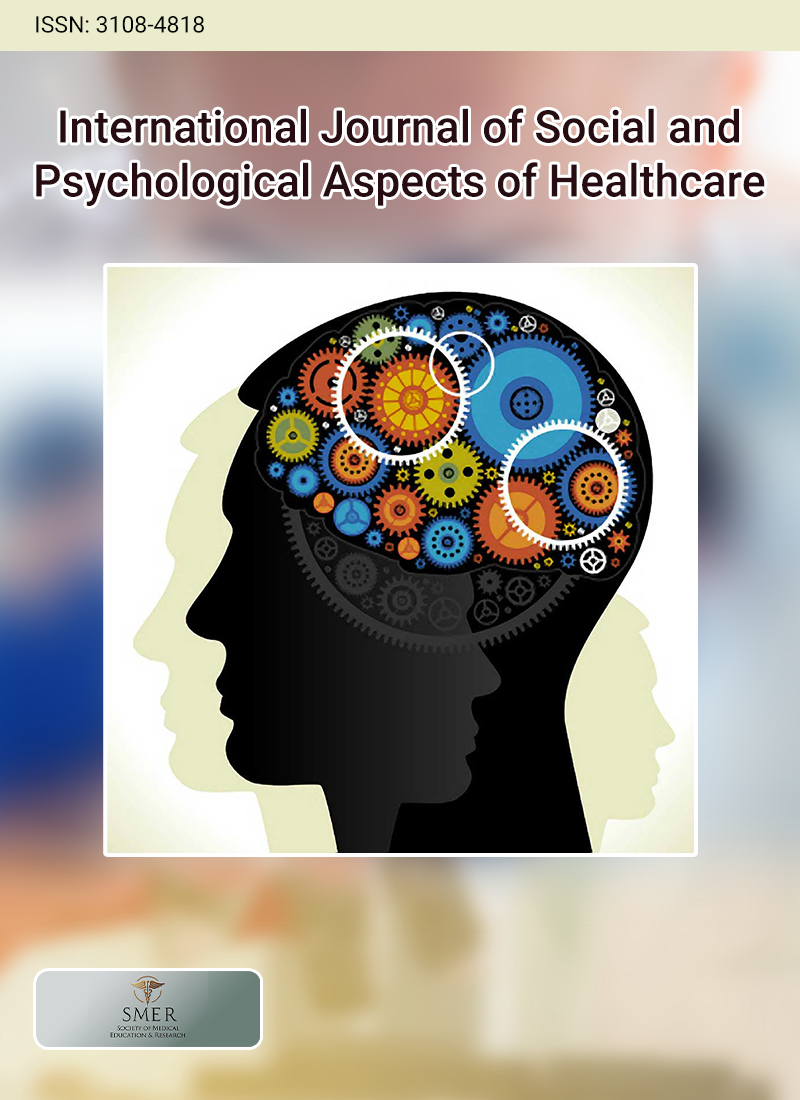
The COVID-19 pandemic has significantly contributed to the increase in general anxiety among nursing staff. This cross-sectional study was conducted through a questionnaire aimed at assessing generalized anxiety disorders among nurses working in secondary and tertiary care hospitals in Punjab, Pakistan. The GAD-7 scale was used to assess anxiety levels and non-parametric statistical methods were used to compare different groups. A multiple regression model was used to analyze the effect of different covariates on GAD-7 scores. A total of 133 nurses participated in the survey. Findings showed that female nurses (7.38 ± 4.20, P = 0.032) and those aged 31 years or older (7.68 ± 5.14) had higher GAD-7 scores. Among the respondents, 19.6% showed significant general anxiety (GAD-7 score ≥ 10), while 49.6% experienced mild anxiety. Female nurses had a 15% higher likelihood of elevated GAD-7 scores [0.148 (-0.450 – 4.697), P = 0.049]. In addition, limited work experience (≤ 3 years) was associated with a 14% increased probability of reporting higher anxiety scores. In summary, 19.6% of nurses met the GAD-7 criteria for moderate to severe generalized anxiety and depressive disorder. Key factors influencing anxiety levels included gender, limited professional experience, and lack of training in managing COVID-19 patients. Common stressors among participants included fear of contracting COVID-19, concerns about transmitting the virus to family members, and uncertainty about the impact of the pandemic in Pakistan.